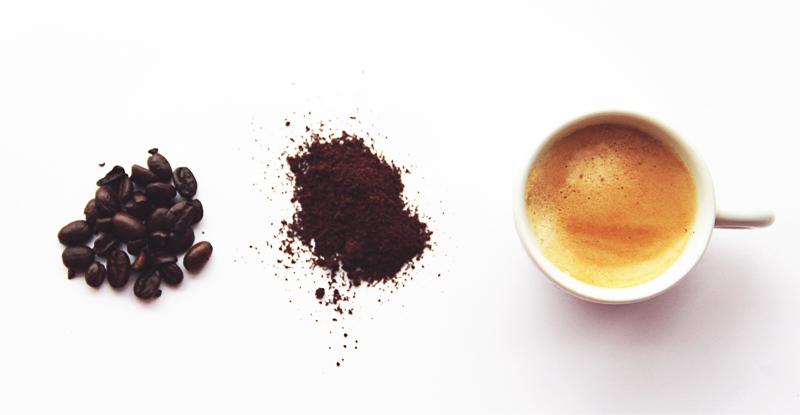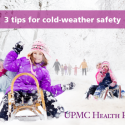Caffeine Pros and Cons
Are you one of millions of Americans who reach for a cup of coffee or tea for a jolt of caffeine to start the day or to keep going long into the evening? If so, you’re not alone, because coffee and tea are the most prominent sources of daily caffeine used by Americans. Whether or not you’re a coffee and tea fan, caffeine is the most widely used stimulant, consumed daily by 80 percent of the world’s population and 90 percent of North Americans. Caffeine is also the subject of much research, which sometimes can lead to more questions than answers. Let’s look at what we know.
Where does caffeine come from?
- Caffeine comes from the leaves, seeds, and fruits of many plants, such as coffee beans, tea leaves, cocoa beans, and kola nuts.
- It can be found in coffee, tea, and chocolate products, and as an ingredient in soft drinks, energy drinks, and other beverages.
- Caffeine is also added to many over-the-counter medicines such as pain relievers and cold medicines.
Is caffeine safe?
- Caffeine is not harmful for most healthy people in moderate doses of about 200-300 milligrams per day.
- It may however have adverse effects on some people, including those with high blood pressure, as well as infants and children, teens, and the elderly.
- Pregnant and nursing mothers should also talk to their doctor as it may be recommended they not use caffeine at all.
The potential benefits
- Increased alertness
- Improved memory and mental functioning
- Reduced risk of cardiovascular disease, diabetes, and liver disease
- Augmented athletic performance
Things to consider
- Caffeine affects the kidneys, increasing urination, which can lead to dehydration.
- It can also cause a mild physical dependence and even result in caffeine withdrawal, causing a temporary period of headaches, fatigue, irritability, and depressed mood.
- Some people have caffeine sensitivity, resulting in amplified heart rate, nausea, vomiting, anxiety, and disturbed sleeping patterns.
- Some studies have shown a direct link between caffeine and coronary heart disease, but the results are conflicting. Talk to your doctor about their recommendations based on your health history and diagnosis.
- Even in healthy adults, caffeine can cause a short increase in blood pressure, which can be of concern for people with elevated blood pressure numbers. If you do have high blood pressure, talk to your doctor about whether you should limit or avoid caffeinated beverages.
If you need to cut back
Many people find themselves thinking they need caffeine to keep going. For those who regularly consume large amounts, they may get mild headaches or feel tired if they suddenly stop. To avoid these side effects, it’s recommended to slowly cut down on caffeine intake.
Conclusion
While the caffeine debate continues, it’s important to understand that caffeine metabolizes at different rates among individuals for various reasons. It’s hard to say if you will experience the benefits some research has claimed. One thing is for certain: If you have a condition that caffeine might impact, talk to your doctor.
References:
American Heart Association: http://www.heart.org/HEARTORG/HealthyLiving/HealthyEating/Nutrition/Caffeine-and-Heart-Disease_UCM_305888_Article.jsp#.WbE2GbKGOpo
GALLUP: “Americans’ Coffee Consumption Is Steady, Few Want to Cut Back”: www.gallup.com/poll/184388/americans-coffee-consumption-steady-few-cut-back.aspx
Heckman (2010). “Caffeine (1, 3, 7-trimethylxanthine) in foods: a comprehensive review on consumption, functionality, safety, and regulatory matters.” J Food Sci. 2010 Apr;75(3):R77-87. doi: 10.1111/j.1750-3841.2010.01561.x. https://www.ncbi.nlm.nih.gov/pubmed/20492310/
Mayo Clinic: www.mayoclinic.org/healthy-lifestyle/nutrition-and-healthy-eating/in-depth/caffeine/art-20045678
WebMd: www.webmd.com/vitamins-supplements/ingredientmono-979-caffeine.aspx?activeingredientid=979
WebMD: www.webmd.com/food-recipes/features/pros-and-cons-caffeine-craze#2
UPMC Patient Education Materials: www.upmc.com/patients-visitors/education/nutrition/Pages/caffeine.aspx



